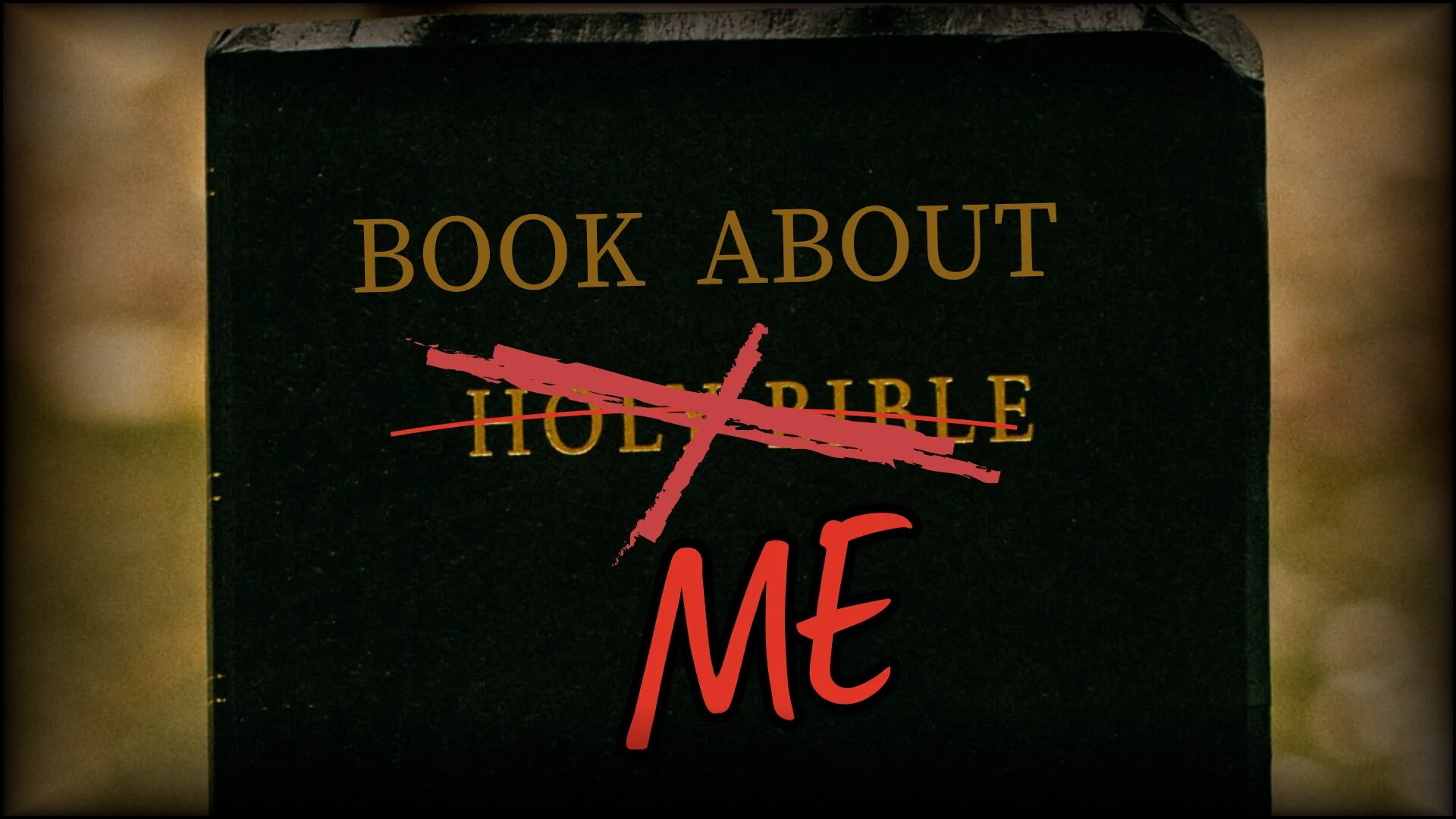There’s an unspoken rule for preachers to not use their stage for personal quarrels, but rather for God’s purpose. To break this unspoken rule is to be a “petty preacher.”
To be a preacher is an honor and a privilege. It’s not a method of assuming your quality and value over others. Nor is it a method that makes people think you have a more divine purpose than them. It’s neither. As the wise Oswald Chambers put it, “The call of God is not just for a select few, but for everyone” (My Utmost for His Highest). We are all called to carry God’s mission. The matter of who we are or where we find ourselves is irrelevant to doing God’s work. The phrase is true: “It is not how much you have, but what you do with what you have.” Humble innocence and a loving heart are more valuable than money or numbers.
To be a public speaker of any form is a rather nerve-wracking task. The fear of public speaking is twofold: (1) that of a hundred judging eyes seeing every mistake, and (2) the rejection to follow. The key to successful public speaking is that of a mindset. The moment you step on stage is to know exactly what to say, when to say it, and how to say it. To do this, emotion serves as your friend. Don’t think. Only react. Your thinking needs to be done before stepping on stage. And in all, you let your flow of emotions do what they were meant to do: the motivation to boldly act.
We’ve all had our own experiences with “unprofessional professionals.” I say this not about questioning credentials, but rather ethics. A professional within their respective field has a sense of authority over us. To put your health in the hands of another is to give up a sense of your power. You assume an atmosphere of trust. You assume the thought of, “This person is here not to hurt, but rather to help me.” Abuse of this power is what we commonly call unprofessionalism. This shift of power and vulnerability has put legalities and consequences in place to hold professionals accountable. Breaking such laws can lead to negative consequences such as losing your credentials, paying fines, or (in extreme cases) serving jail time.
It’s safe to say there are incompetent professionals in every field. But in all, the most ironic and foolish is that of unprofessional preachers. To unethically abuse the power that God has given you is like illegal parking at a police station. The consequences to follow are those of you feeling like an idiot — as you would be. There are a range of topics to discuss when talking about unprofessional preachers. But for today, let us talk about one I like to call “petty preaching.”
Passive Aggression: An indirect tactic to express aggression without the threat of direct confrontation.
There’s an unspoken rule for preachers to not use their stage for personal quarrels but for God’s purpose. To break this unspoken rule is to be what I call a “petty preacher.” It’s to subtly insult or embarrass someone you disdain while you stand and preach in front of a congregation. You look and feel powerful, while the victim has to sit and take the subtle embarrassment. As a preacher, I’ve noticed these slight and barely noticeable quarrels. Call it a hunch. Call it a sixth sense. But if you were to ask me why anyone would do such, I suppose there are infinite reasons: Envy. Jealousy. Pride. Emotional insecurity. Or whatever else… It happens, nonetheless. As a witness to this form of pettiness, I felt compelled to write this blog to state a clear warning: Your pettiness is not going unseen. There may be a lack of jurisdiction here on earth, but there is still such jurisdiction. And it’s the most threatening of its kind.
The lesson of this blog is this: If unprofessionalism in other fields leads to loss of licensing, fines, or jail time, could it not be applied to God’s ordained messengers? To be a preacher is to tread carefully. God is always observing us. God is always taking notes. Please realize that God’s stage is not your stage. Put aside your pettiness and put on the purpose God has given you.
With all that said, I suppose this blog can be a message for all of God’s people. We are to use the opportunity given by God to love others — just as God loves us. Not to hate. Not to hurt. We are in the business of either using God’s stage for ourselves or using God’s stage for God’s message. And if we’re using God’s stage for ourselves, then we need to get out of the business. I say all this with pure and good intent. God has called you because His word needs to be heard. And the world waits for you to speak. Let us proclaim it on God’s stage.
God bless you all.
